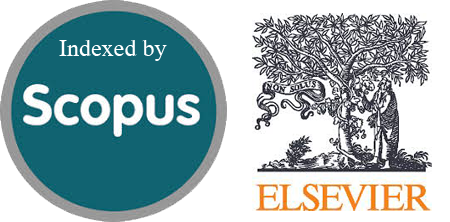AL-QUR’AN AS AN “OPEN BOOK” IN EDUCATIONALPERSPECTIVE
THE SIGNIFICANT MEANING OF PEDAGOGICAL VALUES AND PRODUCTIVE READING
DOI:
https://doi.org/10.14421/skijier.2019.2019.33.01Keywords:
Dialogical aspects of the Qur’an, pedagogical values, educational perspective, productive readingAbstract
Especially after the first age of Hijra, Muslims have been merely concerning with the issues of Qur’anic spelling, the rules of reciting the Qur’an correctly, and has just been giving attention to memorising Qur’anic verses. They paid a little attention to the dialogical aspect of the Qur’an so that they left behind. Qur’anic revelation that has proceeded gradually was one of apparent evidence for the meaning of dialogical aspect characterising “progressive revelation” of the Holy Book. Such revelation mode has reflected the existence of creative interaction among the Will of God, the empirical reality of life, and the demand of receiver society. The other evidence of its’ dialogical aspect was the first revelation to the Prophet containing instruction of reading. Based on this spirit, naturally, the Qur’an has been named with “the Book of education”. Like a living text, the Qur’an has positioned the receiver community of revelation as a partner of communication to open dialogue and communication occurring as in education rooms. In this matter, the relevance of educational Qur’anic interpretation can be elaborated. Educational perspective is a part of intellectual efforts to find out and to formulate prescriptions of education in the Qur’an, and a part of endeavours to position it as a source of knowledge and civilisation without neglecting the meaning of empirical realm and human intellectual capability as prime sources of science and civilisation. In educational perspective, the miracle of the Qur’an is more depicted from its’ transformative influences to mentality and mindset of Muslims, so at the first period of Islamic history in the past time, they have succeeded gaining the preeminent cultural achievements.










